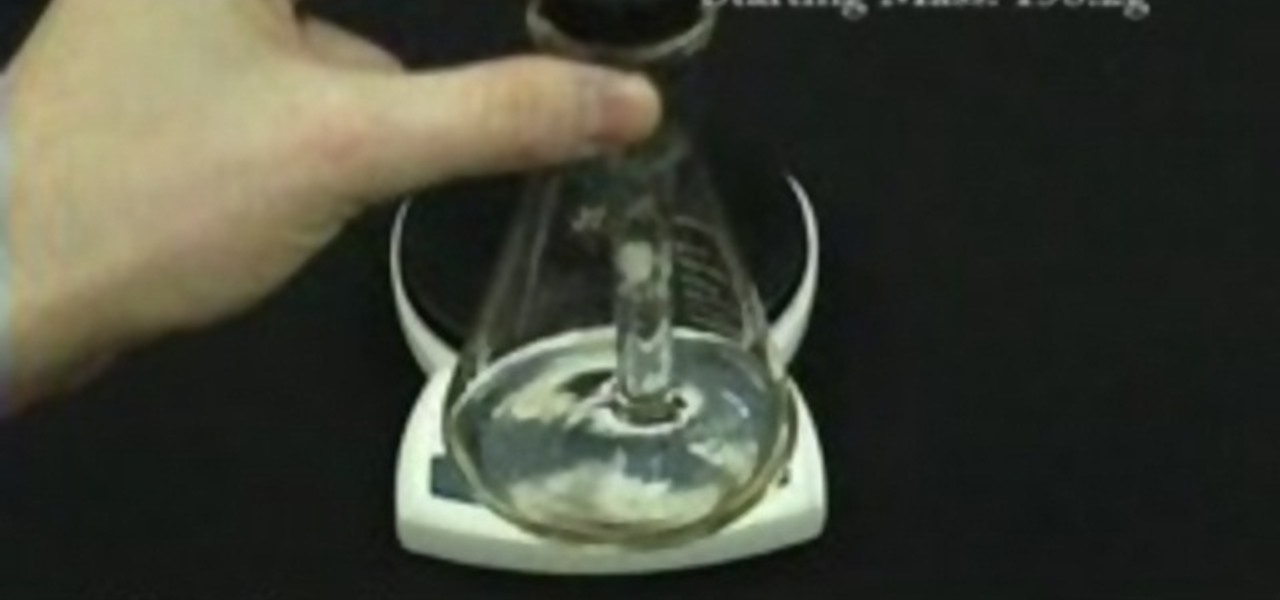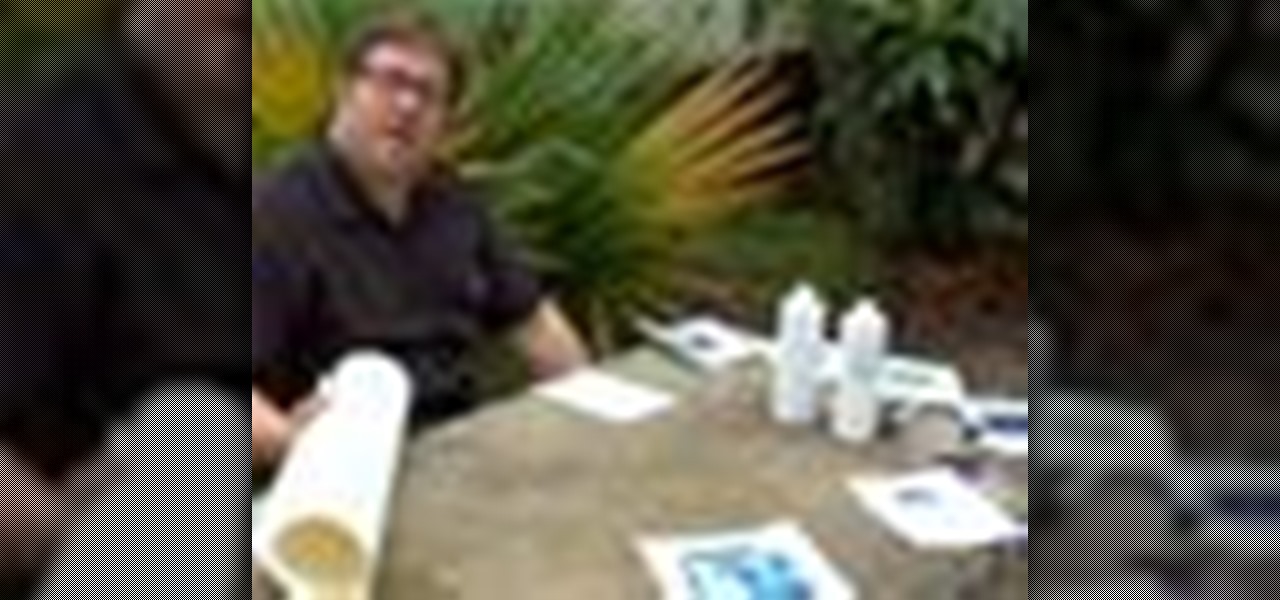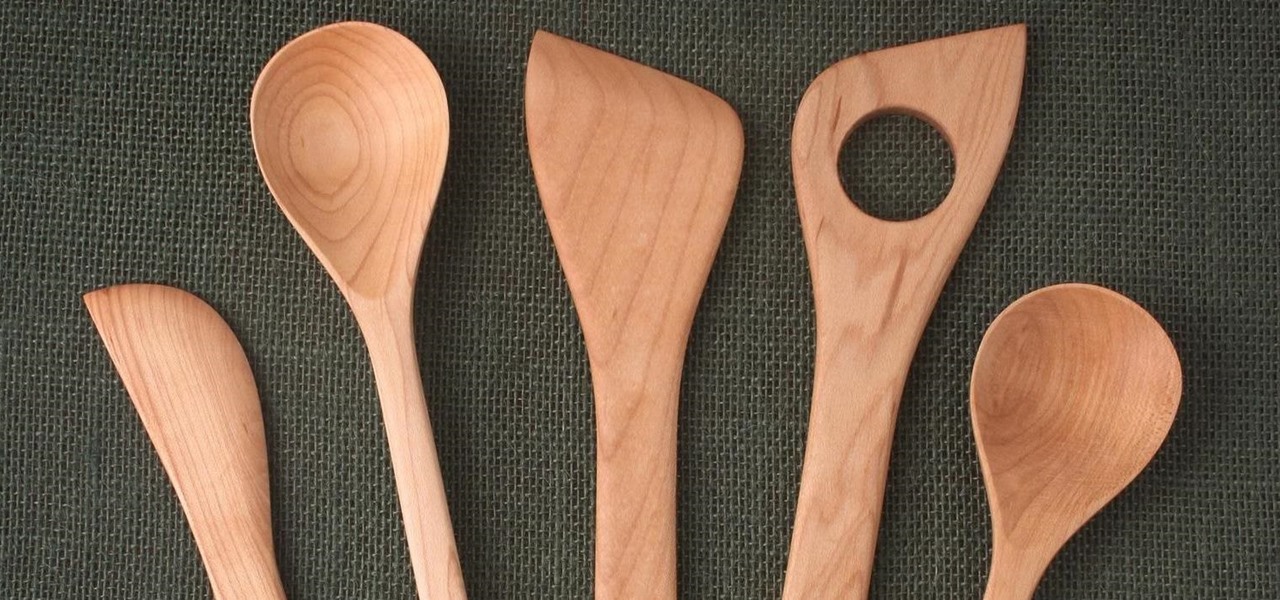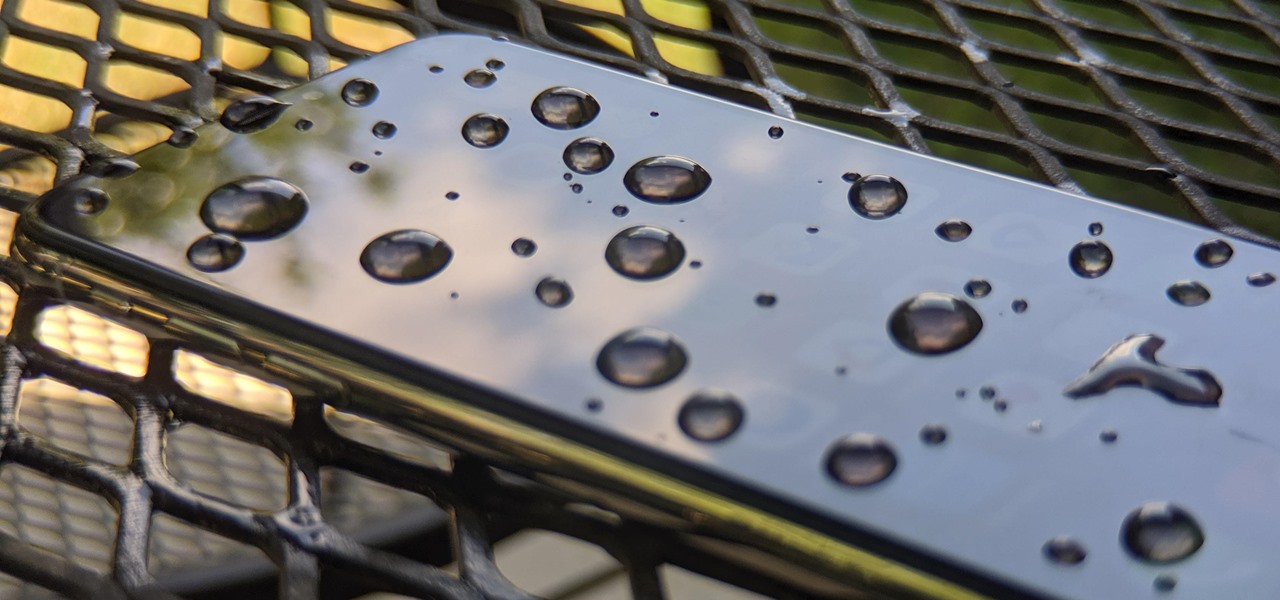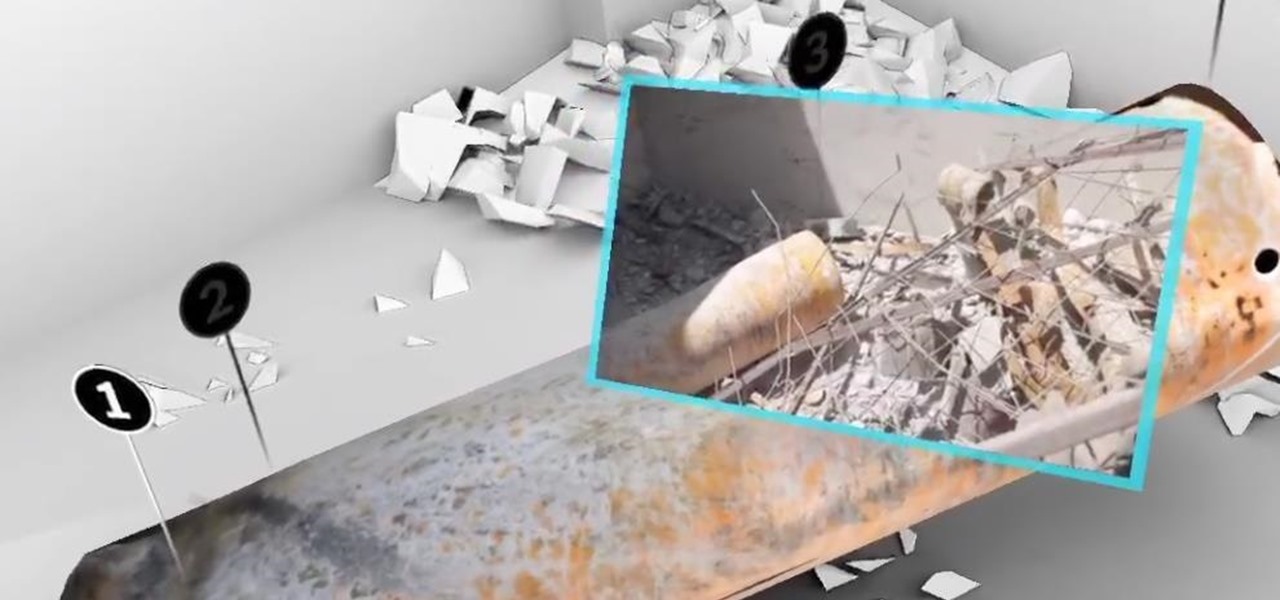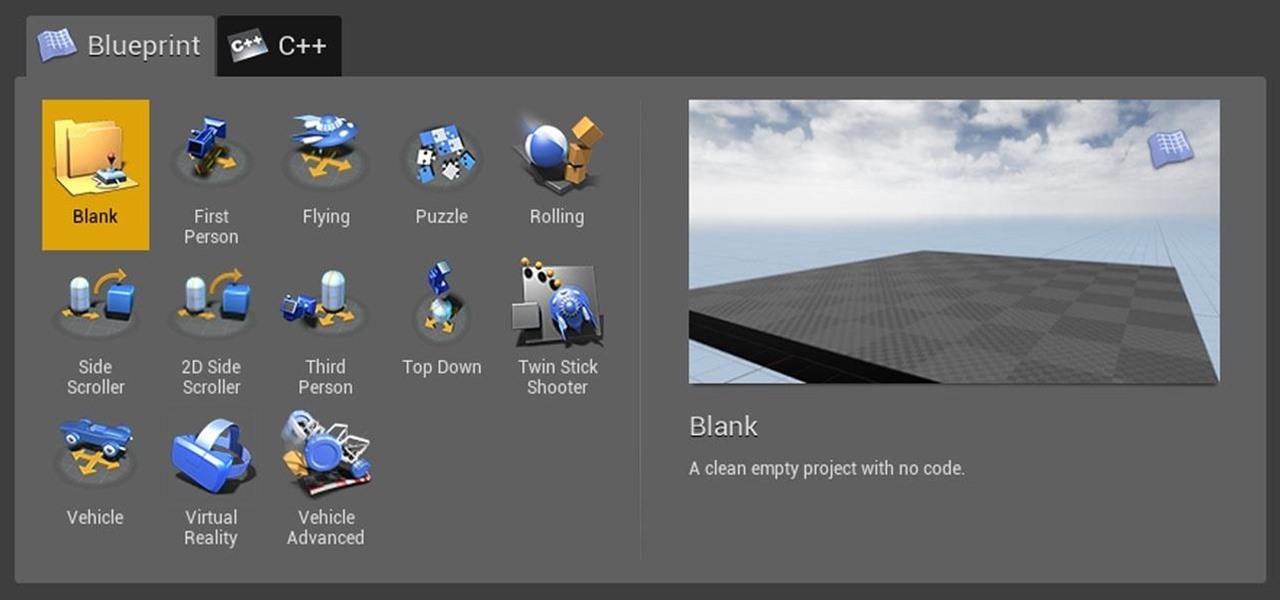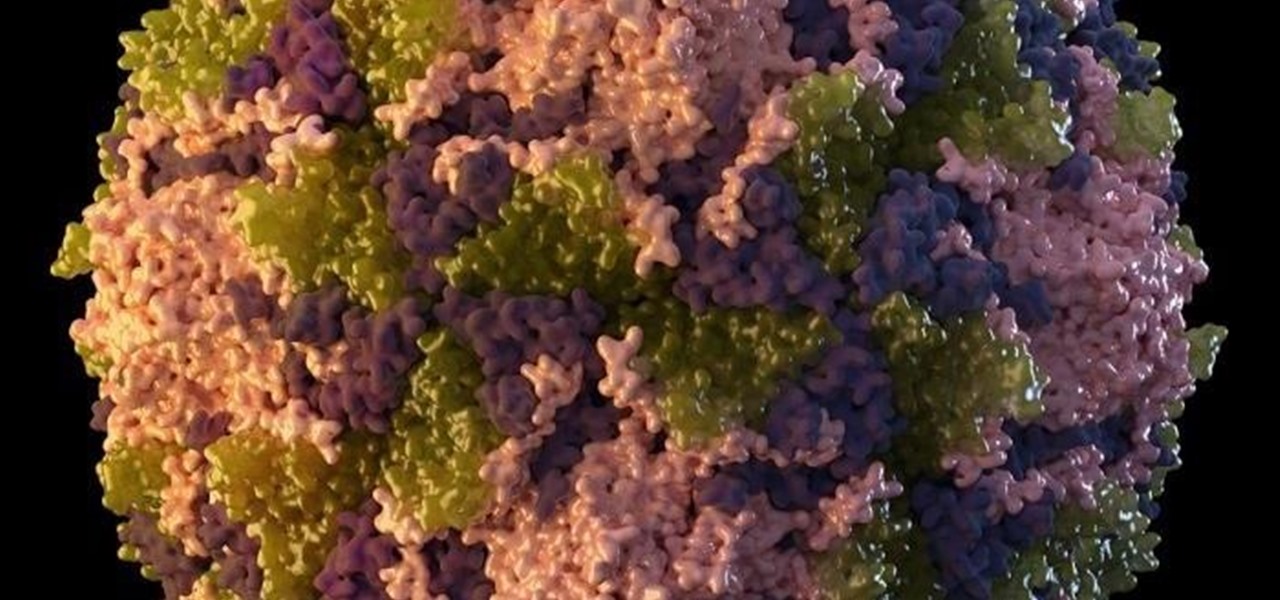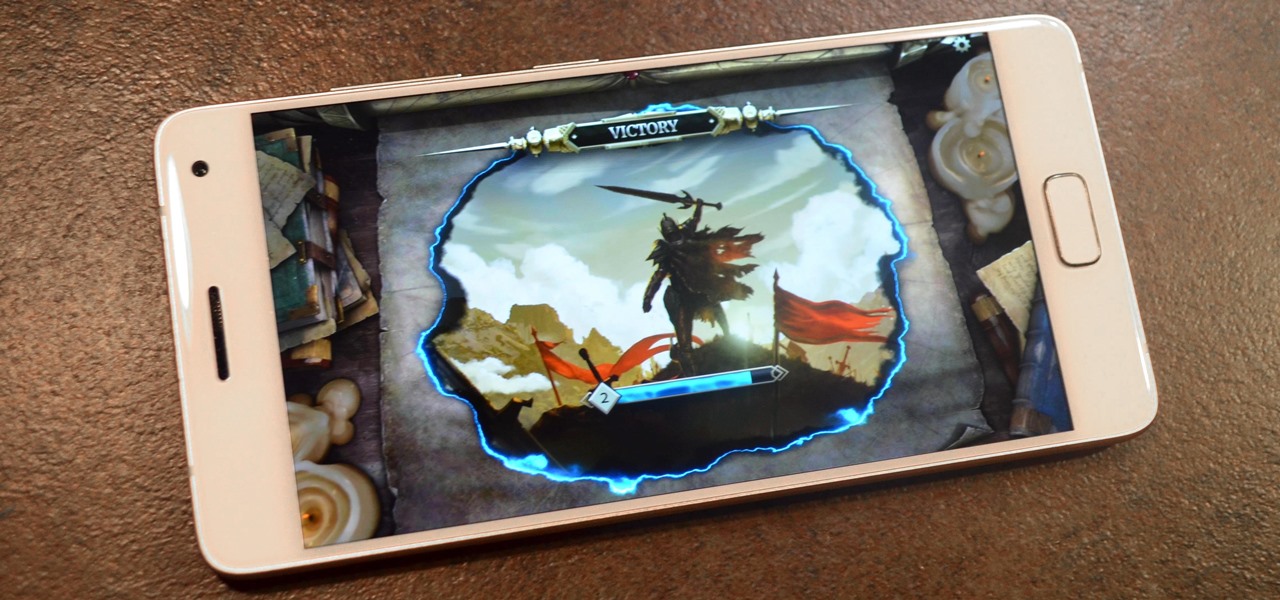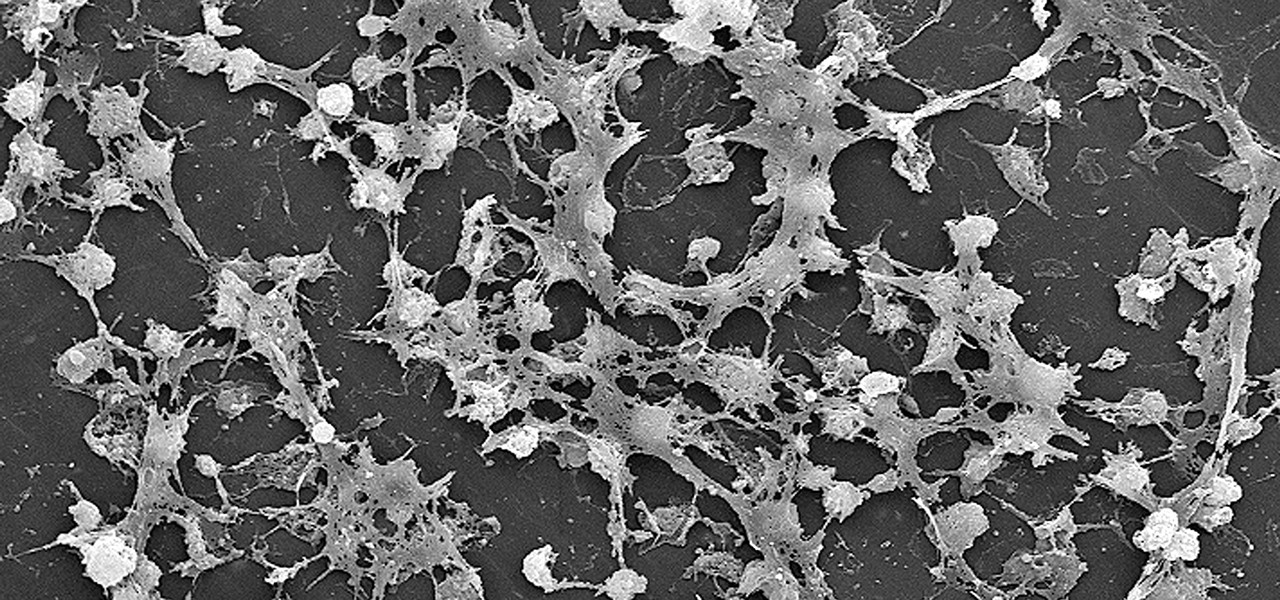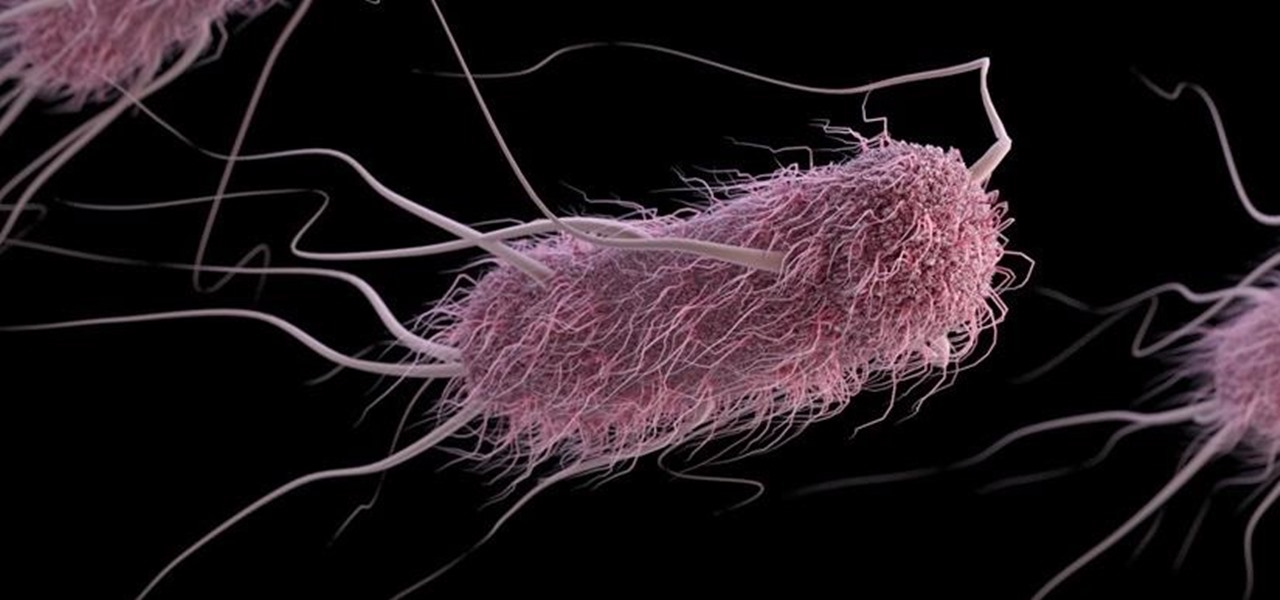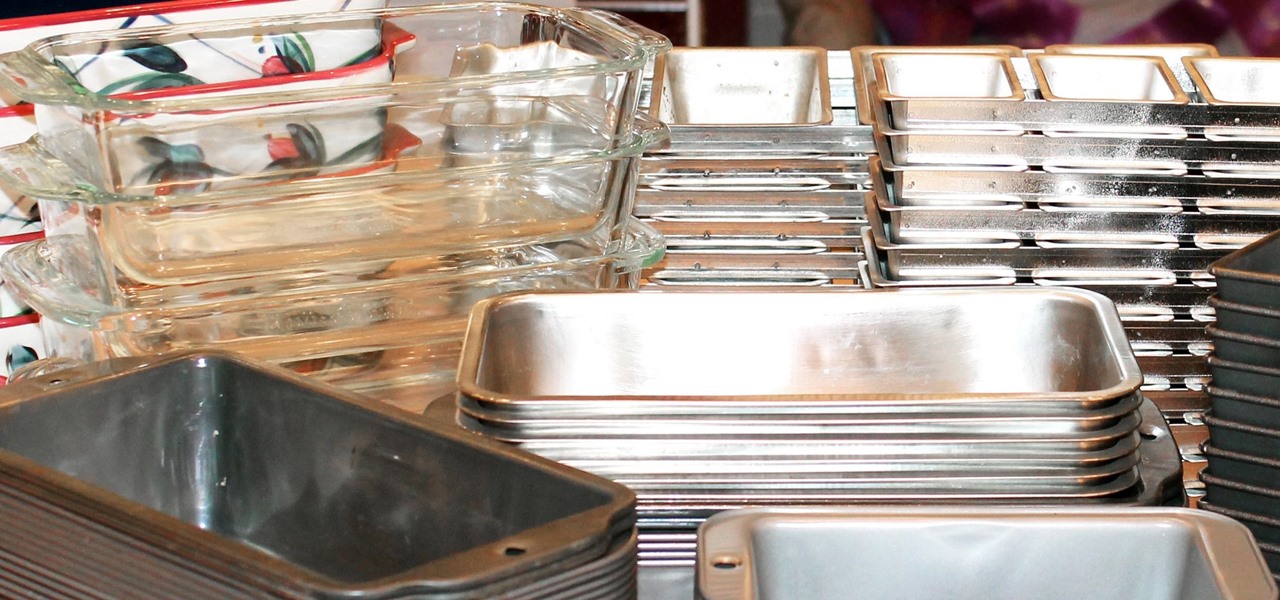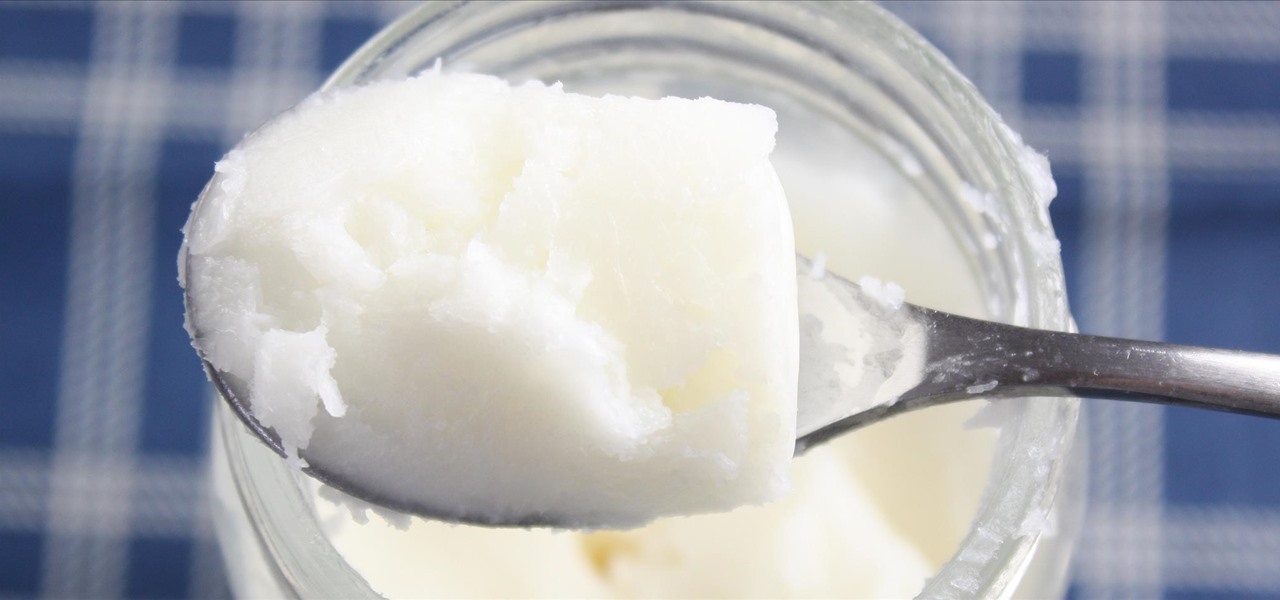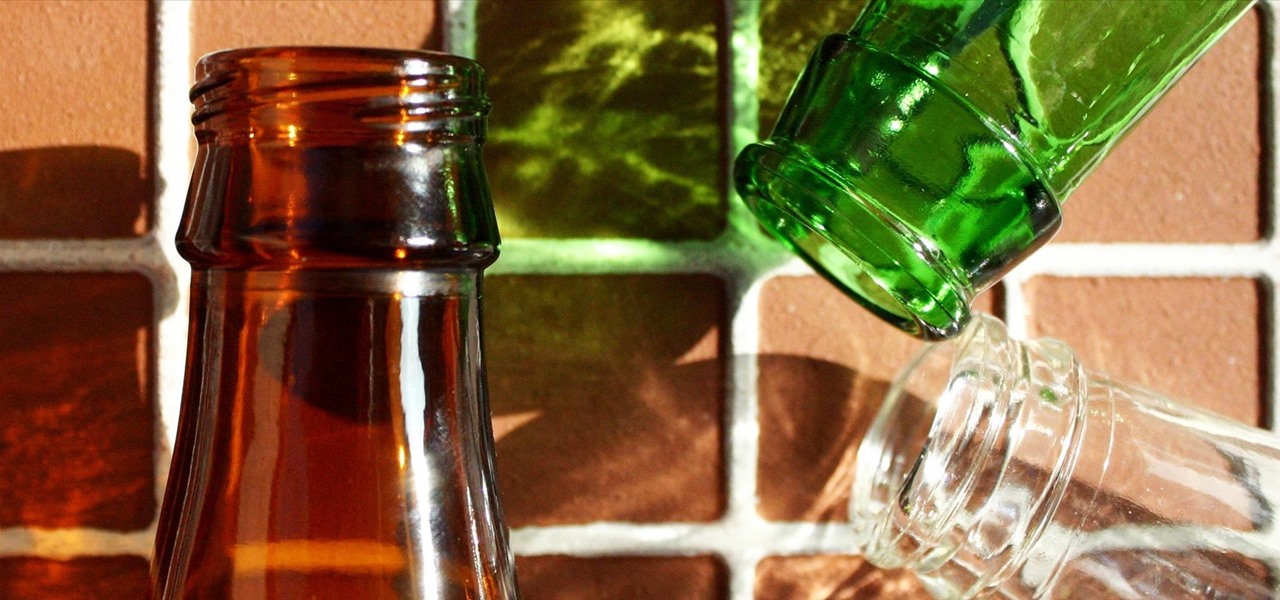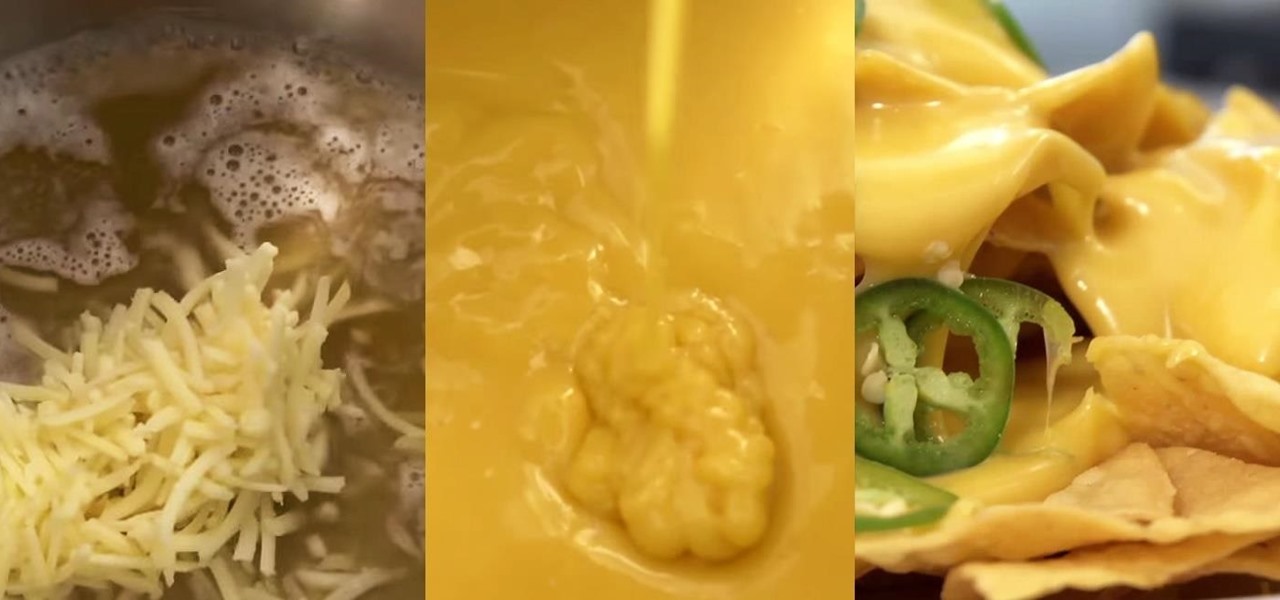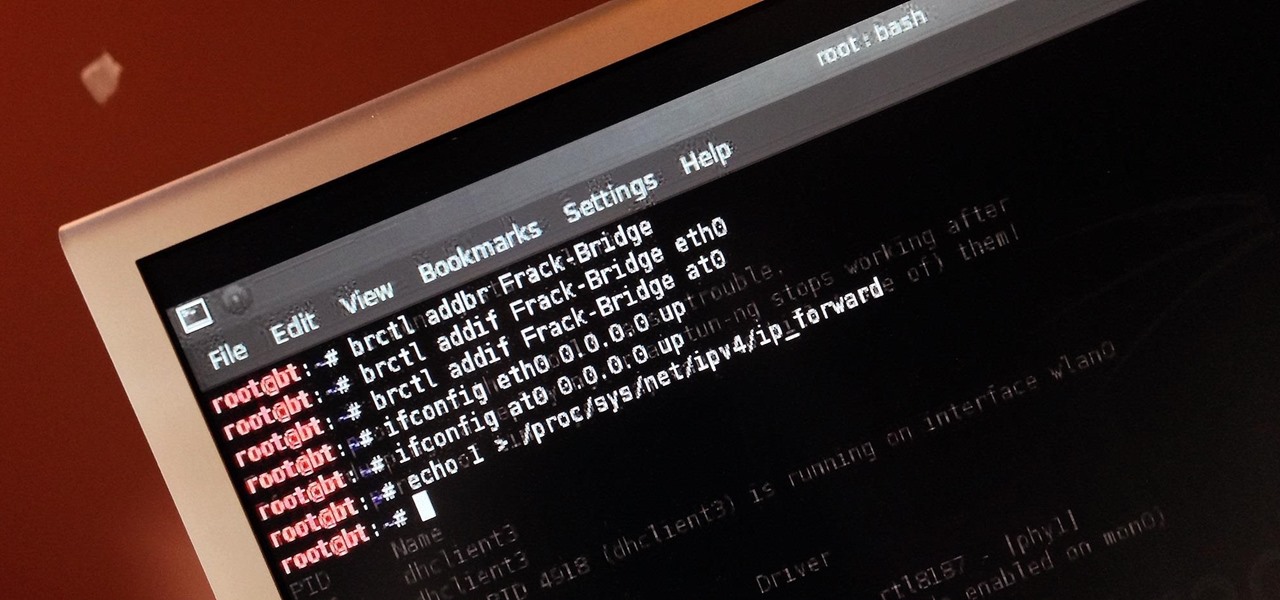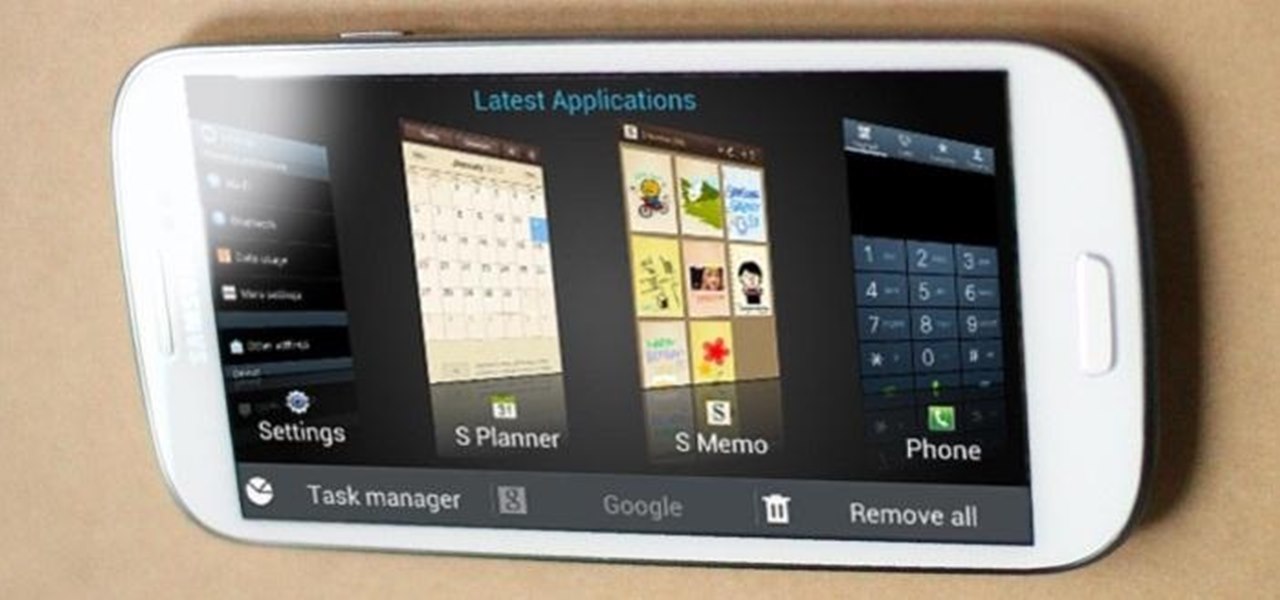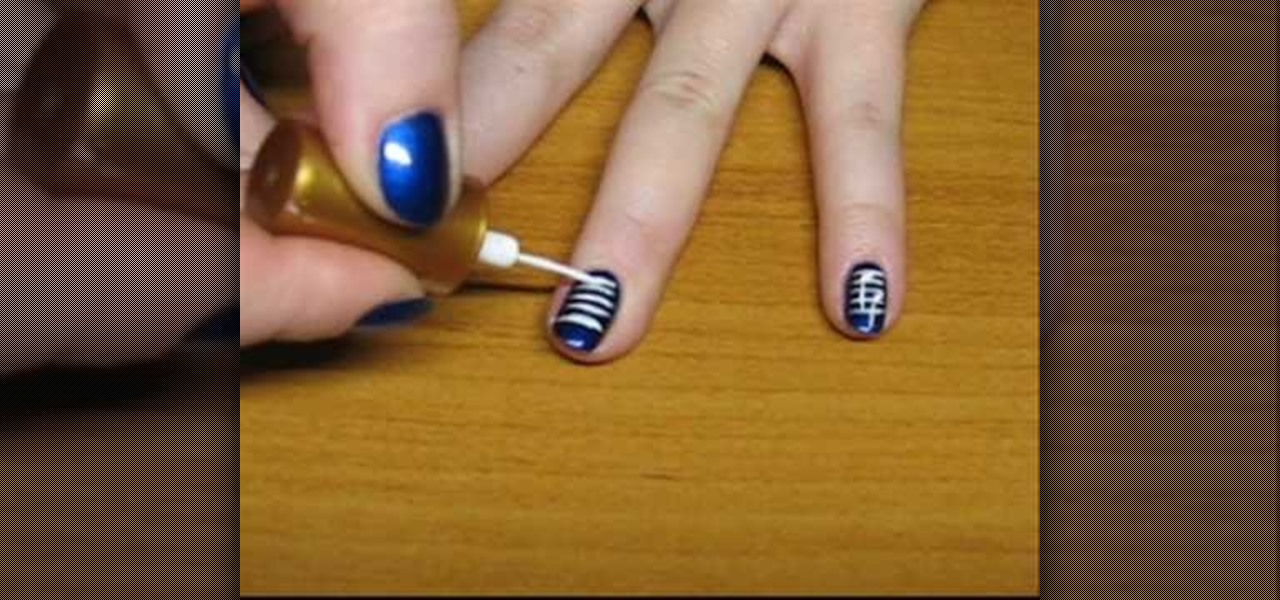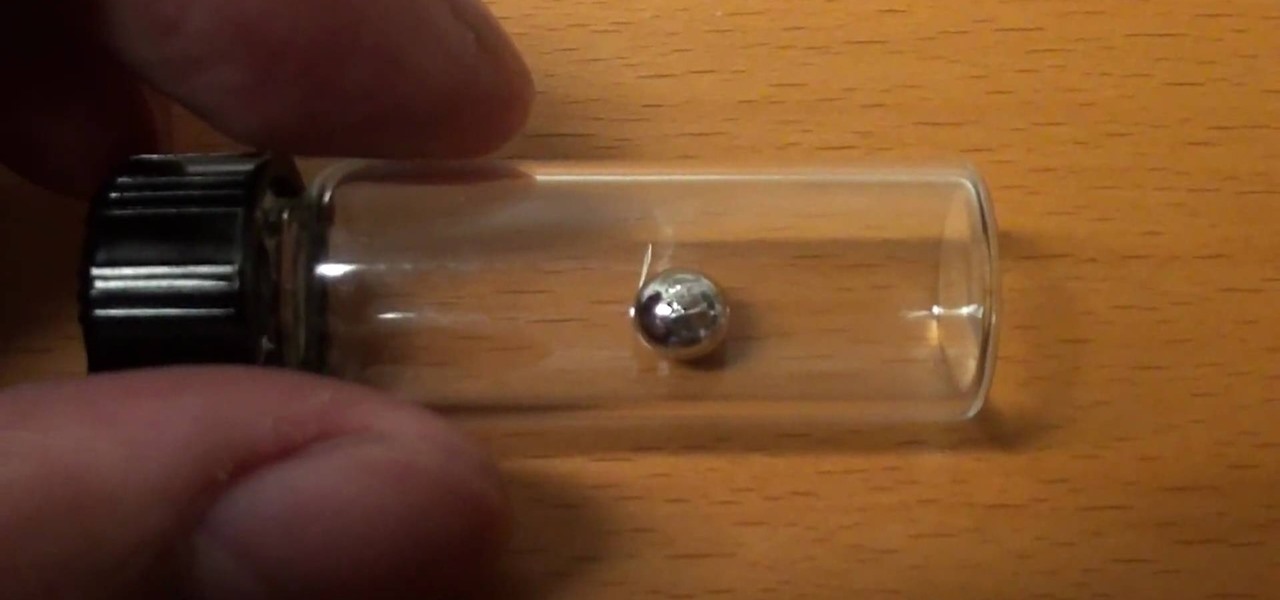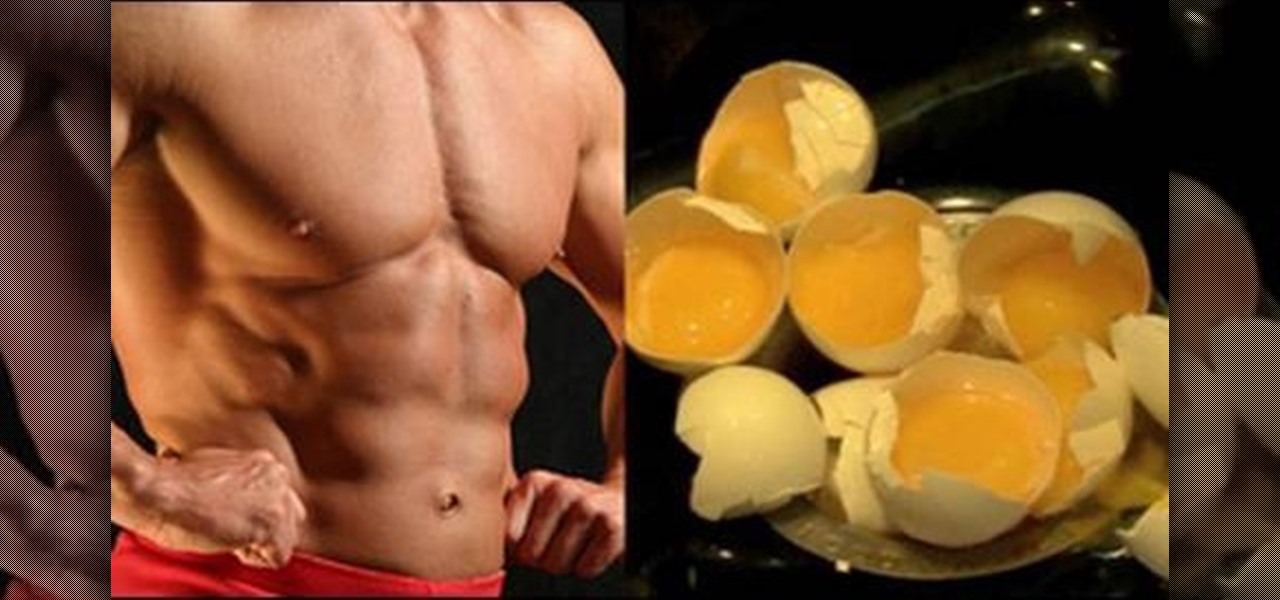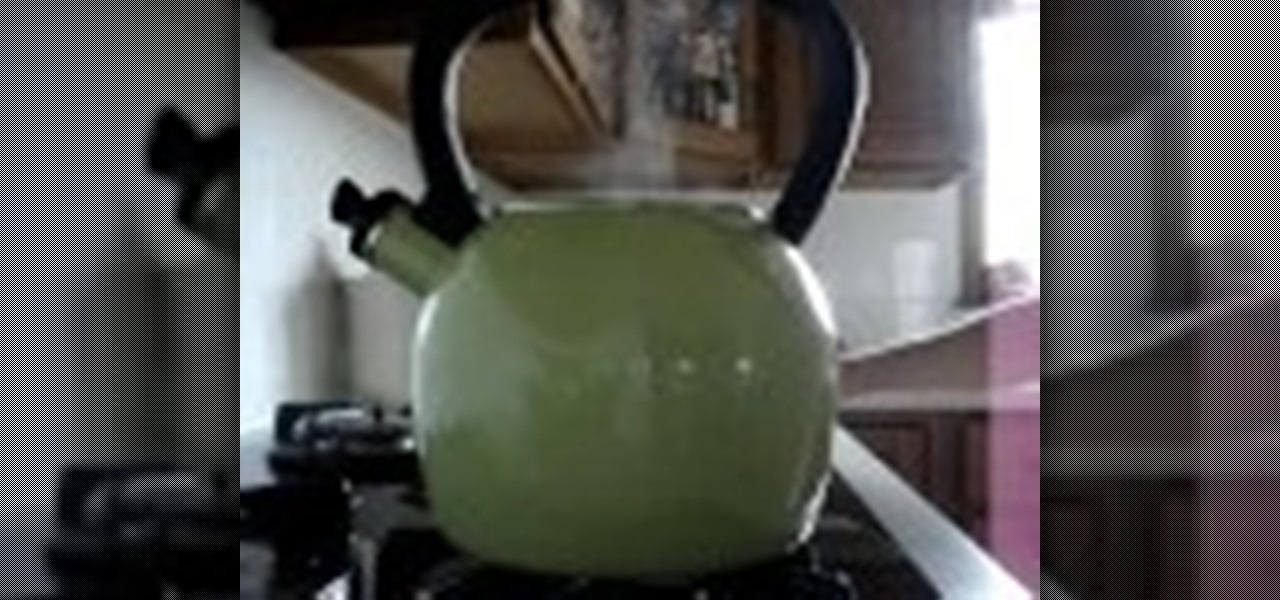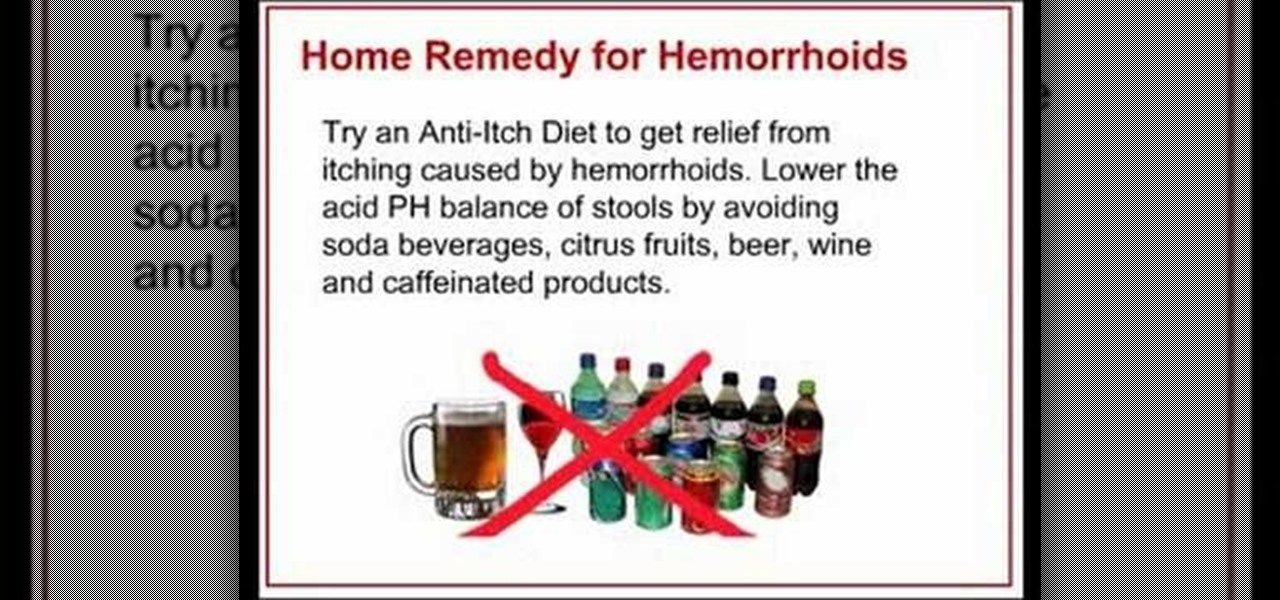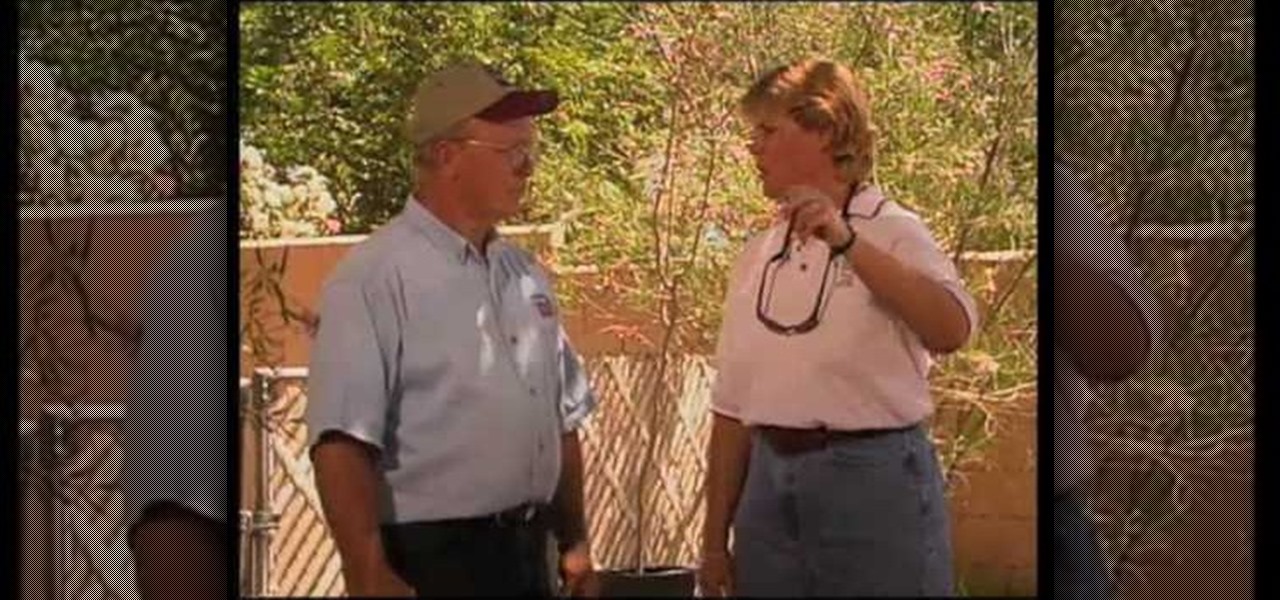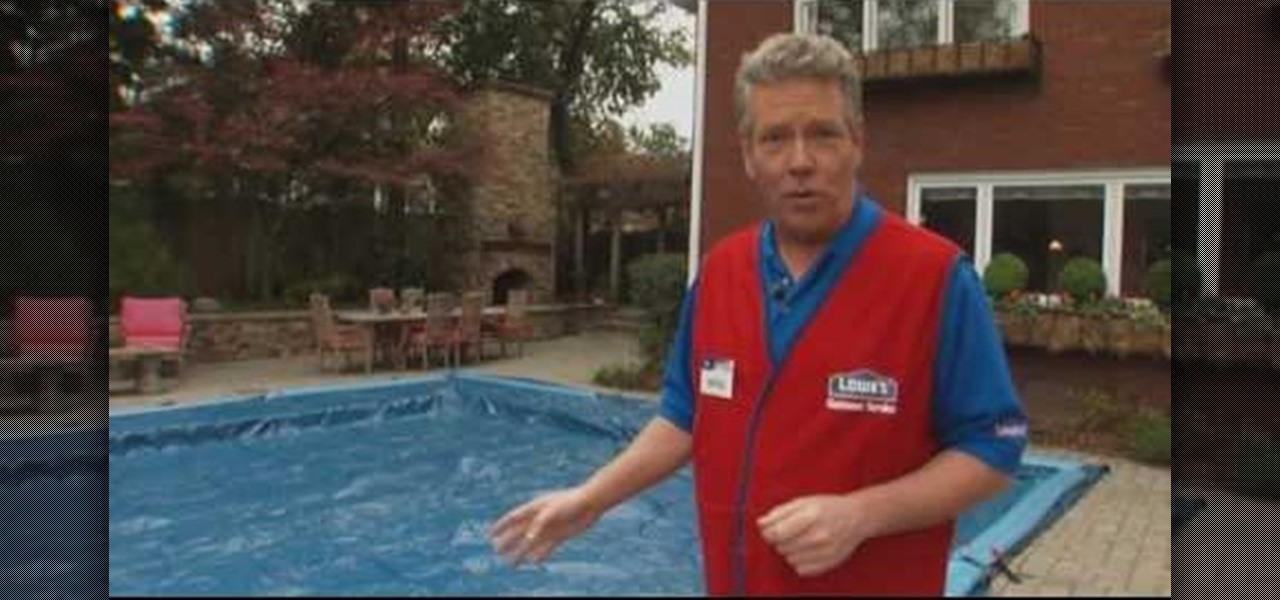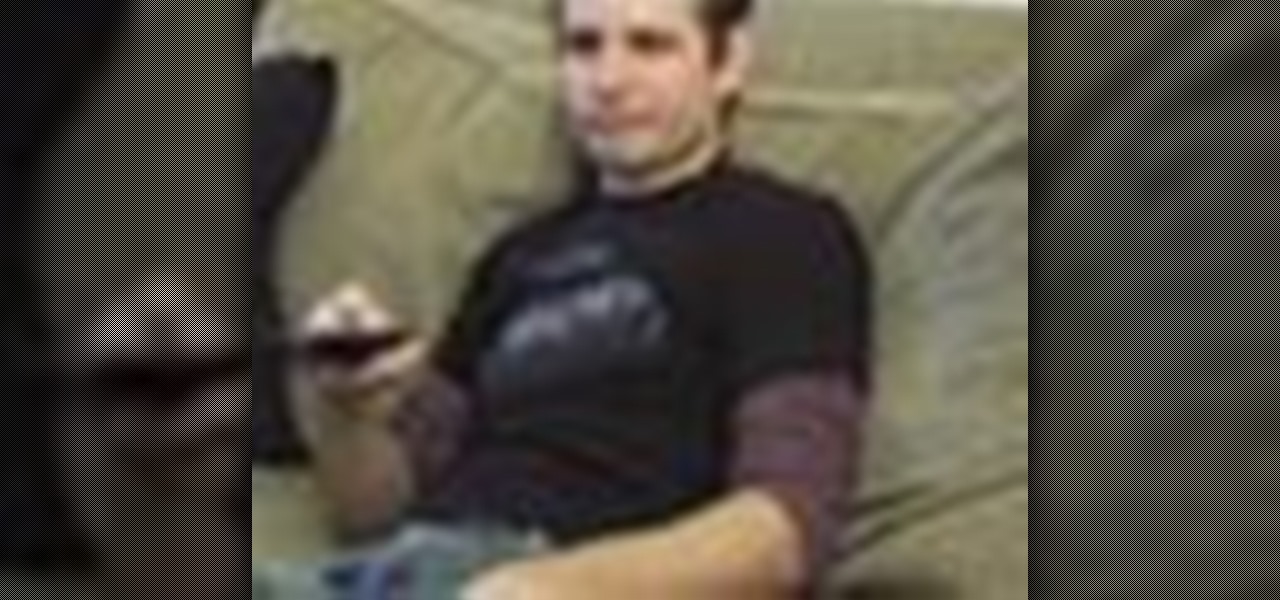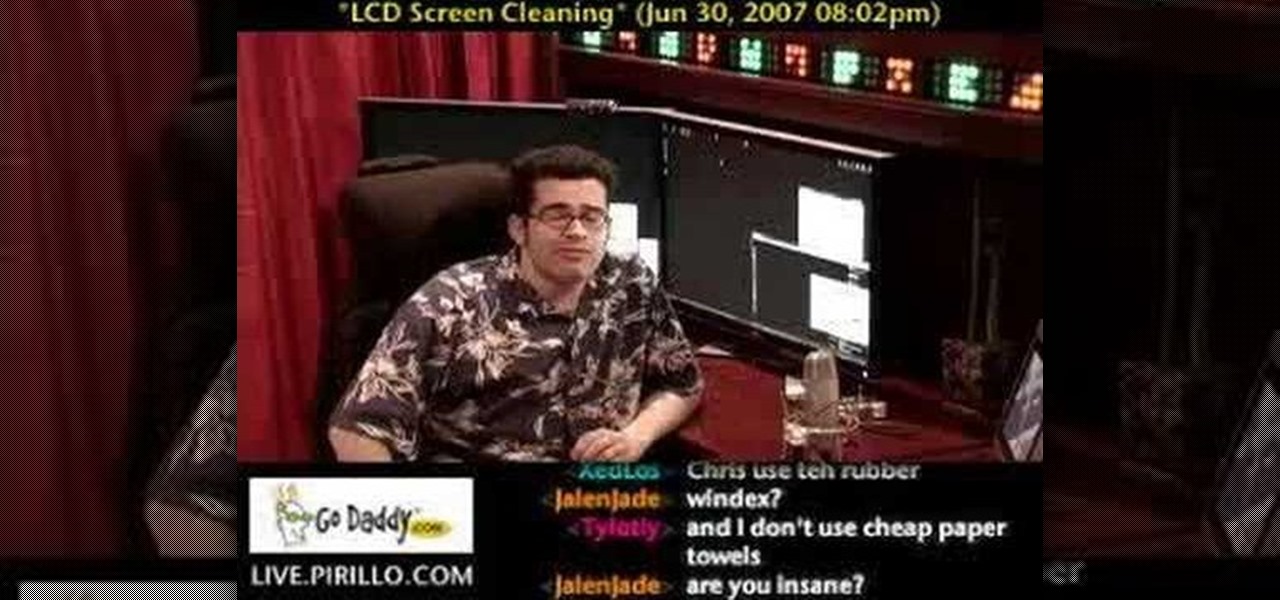
There are a variety of substances that you can use to clean your LCD screen. The one thing you don't want to use is anything that has alcohol in it. Alcohol will damage your LCD. Any LCD cleaning liquid will work to safely clean your LCD. It is also good to use a microfiber cloth also so that they don't put any scratches in the screen. You should never use napkins, paper towels, or Kleenex. The primary ingredient in most LCD cleaners is water. The key is that they remove the impurities and ch...
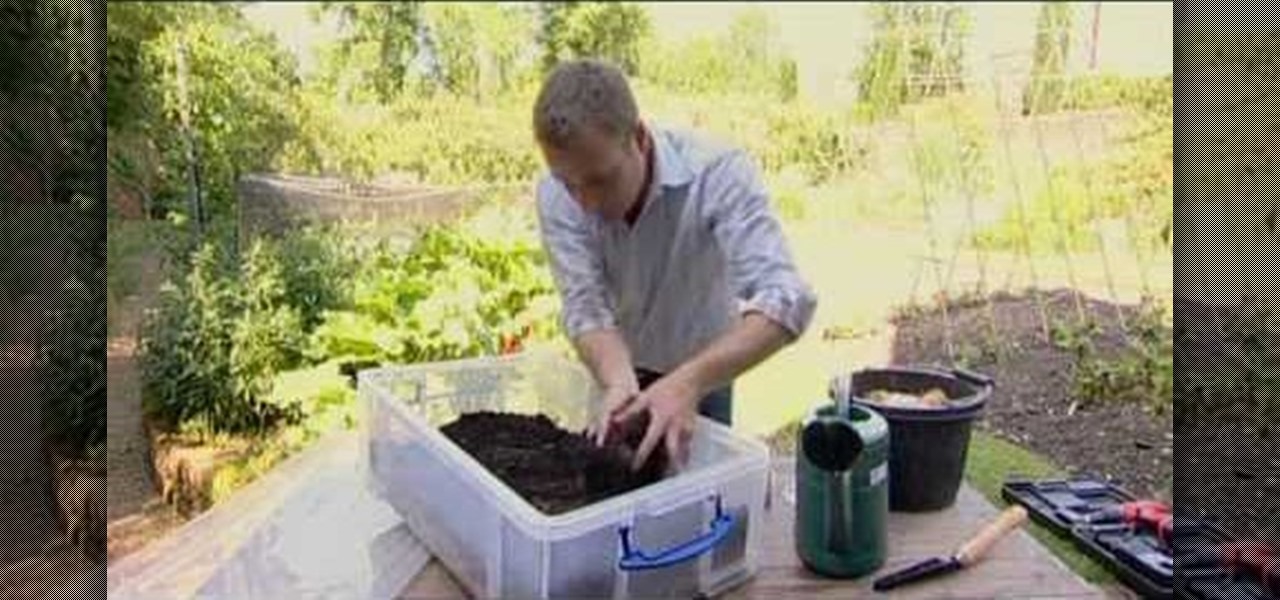
If you don't have room for a full-scale compost heap, you can always employ the services of some worms. In this handy vermiculture how-to, you'll learn how to build your very own wormery.
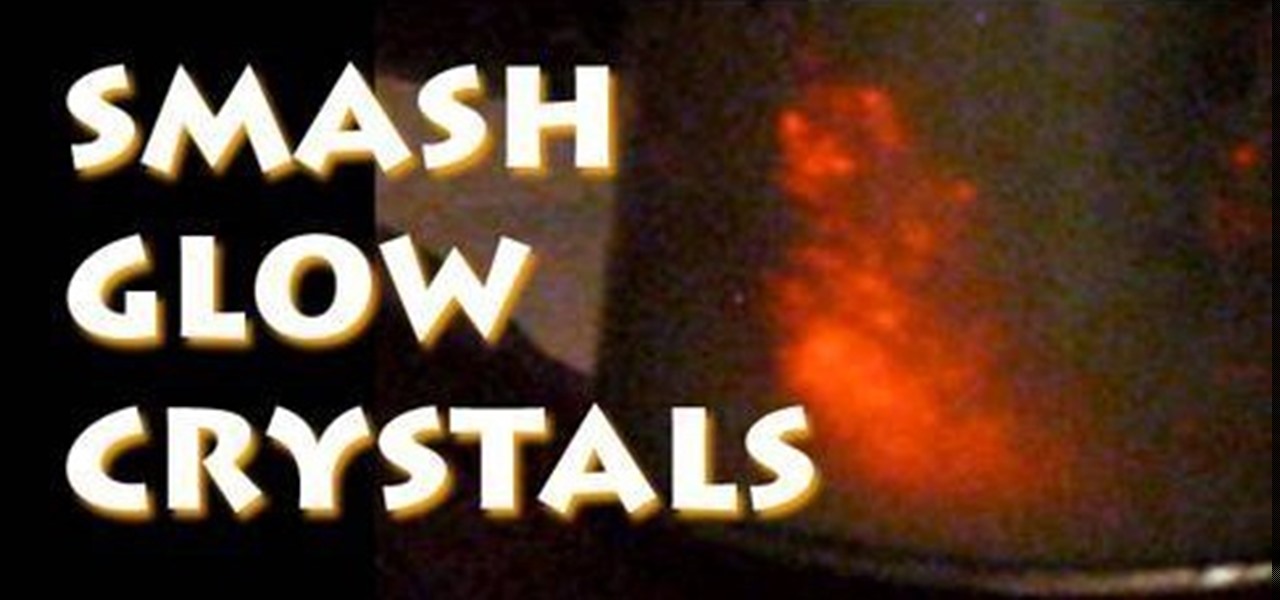
Smash glow? What the heck is that? That's exactly what you'll find out… watch this science video tutorial from Nurd Rage on how to make smash-glow crystals (triboluminescent crystals) with Dr. Lithium.
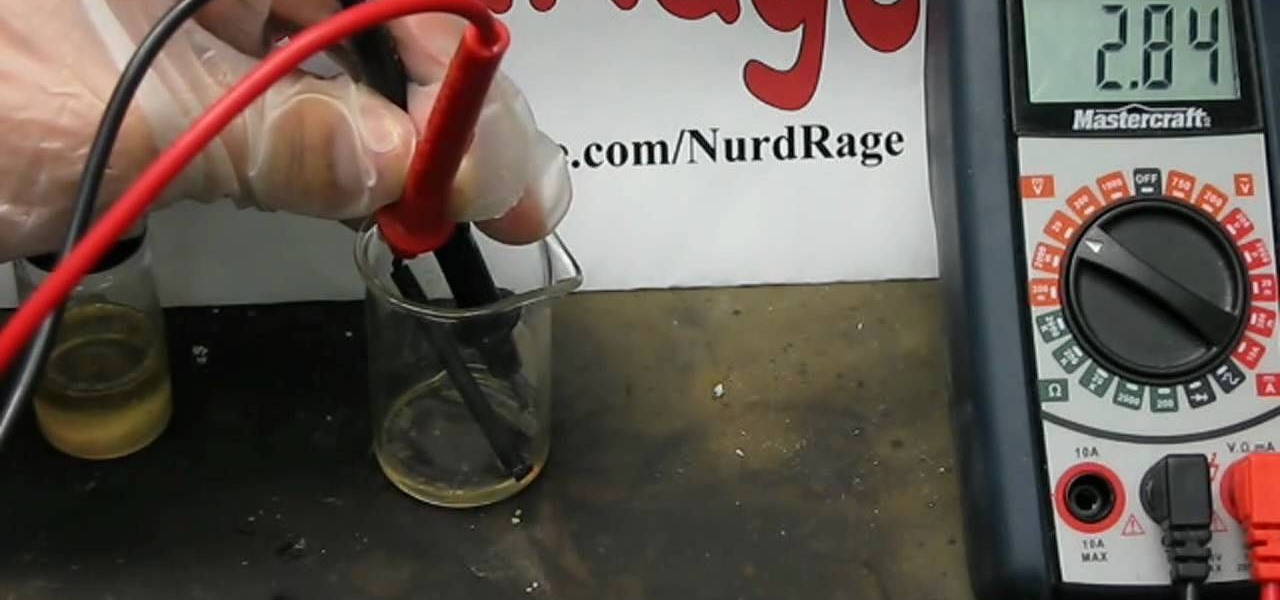
Watch this science video tutorial from Nurd Rage on how to make a lithium thionyl chloride battery, which is capable of generating 2.8v with enough current to power a LED.
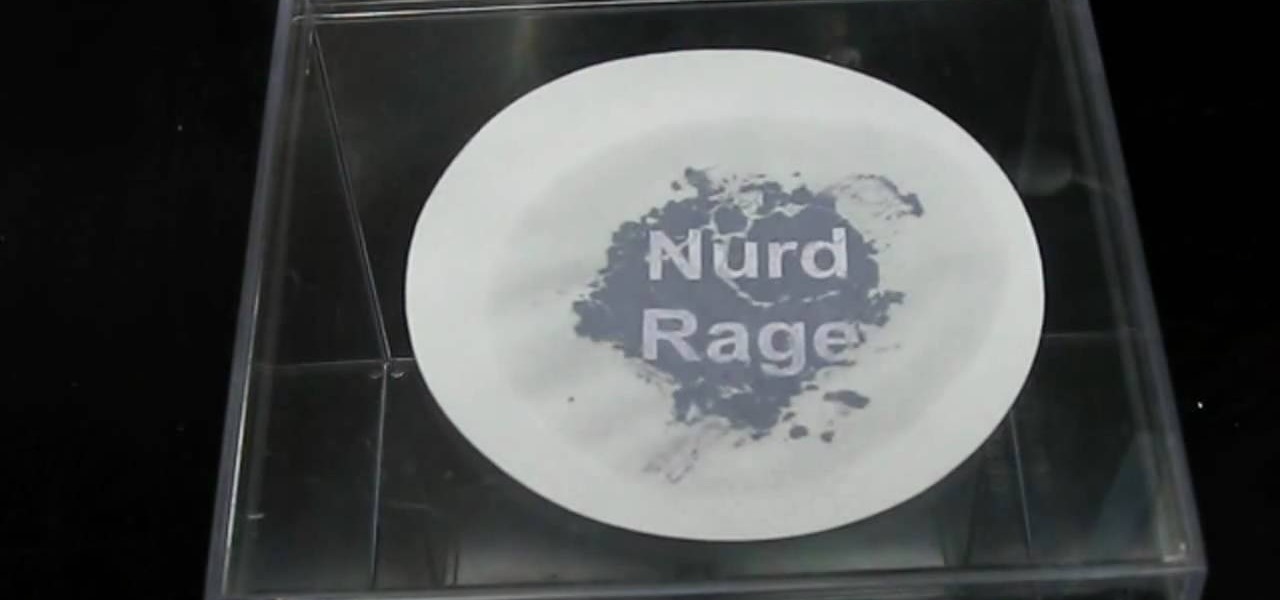
Watch this science video tutorial from Nurd Rage on how to make silver chloride for a photochemistry test. They show the chemistry of photography using silver chloride that they make themselves from table salt and silver nitrate.
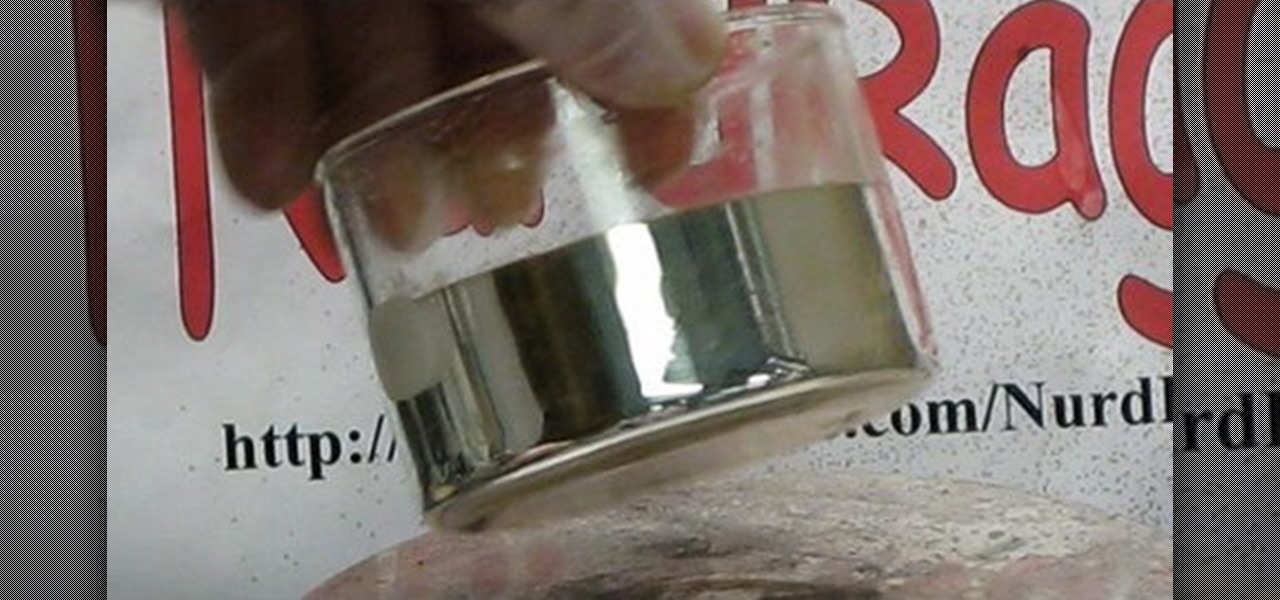
Watch this science video tutorial from Nurd Rage on how to make a mirror silvering solution from silver nitrate, ammonia, sugar, and sodium hydroxide.

Try out this science experiment... watch this video tutorial to learn how to illustrate the scientific concept of conservation of mass. This is purely educational, and not as exciting as some other demonstrations, but this does clearly illustrate the concept of conservation of mass.

Cyanotype, often referred to as sun prints, uses chemicals and UV light to make blue prints. Learn more about cyanotype in this free photography video about how to make cyanotype prints.

One of our favorite kitchen items, hands down, is a good old-fashioned wooden spoon. It's practical, versatile, and can last for decades if cared for properly. There are specific ways to nurture wooden utensils in order to keep them from cracking and to help them maintain their glossy sheen.

If you have very fine, straight hair and have always had a hard trying to keep your strands curled, this video will give you a look into steps you can follow to solve that problem. Before starting on your hair, collect all the necessary tools which include: flat iron, hair clips, Velcro rollers, hair tie, and comb with pointed tip. To start, prepare your hair by adding mousse. Don’t forget to also add a heat resistant chemical to avoid damage and breakage in hair. Then work with the upper t...

The video shows how to effectively be aware and get rid of possible webworms or aphids on your mesquites so they won't get damaged later. Here, John White invited Annete Peterson to show how to do so. She starts by informing from what she saw that many mesquites from her neighborhood have deformed leaves and mainly several of them have stripped branches at the tips of the trees. He explains that one of the problems is a webworm on the leaf of the mesquite, and it eats the leaves of the plant ...

Chemguy AKA Rob reviews the various diagrams in organic chemistry. This is a 16 part series from this Canadian high school Chemistry teacher.

In this tutorial, we learn how to get rid of wasps and hornets without using chemicals. Take a piece of bacon and wrap it around a stick. Then secure that stick by hanging it over a bowl of water with dish soap on it. The bacon will entice the bees to come towards it. Then, the bees will eat so much bacon they will have a hard time flying and they will end up flying down into the bowl of water. Then, the soap will make them be able not to fly and they will drown in the water. This is very eff...

After months of waiting, the iPhone 11 is here. At an event in Cupertino, Apple unveiled the iPhone 11, 11 Pro and 11 Pro max. You probably have a lot of questions after reviewing the specs sheet, including wanting to know more about the IP68 rating that all three phones have. We're here to clarify.

In its latest feature with an assist from augmented reality in storytelling, the New York Times shows readers the virtual crime scene it constructed to prove that the Syrian military conducted chemical warfare against its citizens.

Magic Leap has reached a major milestone in the lead-up to the launch of its Magic Leap One: Creator Edition by opening access to its developer portal and software development kit (SDK) to all developers.

A recently confirmed polio outbreak in Syria is connected to low levels of vaccination, worsened by conflict. It is the first confirmed incidence of polio in Syria since 2014. Before 2013, the last case of polio in Syria was in 1999.

Colorado State University scientists have developed new tech that quickly identifies the presence of Zika virus in mosquito populations — and in human body fluid.

Our quest to find new antibiotics has taken a turn — a turn down the road, that is. A team of scientists from the University of Oklahoma is scooping up roadkill and searching for bacteria on them that might yield the world's next antibiotic.

In the ongoing search to find better ways to use antibiotics, an extract made from maple syrup has some surprisingly important medical benefits.

Blizzard's Hearthstone was a rousing success with more than 10 million downloads on the Google Play Store. Not taking things lying down, Bethesda, the creator of The Elder Scrolls, has come up with a card game based off its popular fantasy franchise. The Elder Scrolls: Legends is now out in the wild, though, officially only available for select Android tablets. But with a little creativity, there's a way to game the system and play Legends on any Android device. The Elder Scrolls: Legends is ...

Lighthouses and signal fires may have been the first social media. Without the ability to share language, a distant light meant "humans here." A new study from the University of California, San Diego, finds that bacteria can also send out a universal sign to attract the attention of their own, and other bacterial species.

A gold-medal winning entry into the iGEM synthetic biology competition could change the way we look at Esherichia coli, the bacteria better known as E. coli.

For so many of us, bakeware is bakeware. As long as it's oven safe and able to tolerate the high heat, it's fine to bake in, right? Wrong!

Coconut oil must be sent from the gods themselves, because this stuff is made of miracles. If you ever wondered why your mother always has it around, it's because she's smart enough to know the countless uses for it.

We are living in a golden age of craft beers. Originally invented by the ancient Egyptians, every culture now has its own tastes regarding beer. The process of making beer is so multi-faceted, it's a miracle that any gets made at all.

I have a weird fondness for the texture, if not the taste of Velveeta (and Kraft American cheese slices). No other cheese has quite the same amount of slip or smoothness and manages to stay that way, undoubtedly because Velveeta contains sodium alginate, an algae derivative that helps it stay so silky-smooth even as it heats up. It also contains a high level of protein-to-fat ratios, which is what makes it a champion melter.

I passed a cool looking bar the other day that I wanted to check out. When the weekend came around, I was ready to go, but for the life of me couldn't remember where it was. Not wanting to retrace my steps or drive around aimlessly, I gave up.

Welcome back, my greenhorn hackers! Continuing with my Wi-Fi hacking series, this article will focus on creating an invisible rogue access point, which is an access point that's not authorized by the information technology staff and may be a significant security vulnerability for any particular firm.

As much as I love my Samsung Galaxy S3, I'm always on the lookout for cool features I can borrow from other smartphones. One of the most recent "borrowed" features I've added to my S3 is the Galaxy Note 2's smart rotation feature, which uses the front camera to detect my face-to-screen angle, which then rotates my screen accordingly. But the S3 already comes packed with some awesome features, as well as some less-than-stellar ones. One of these less-than-stellar features is the task manager, ...

In order to paint musical notes on your nails, you will need the following: a base coat, a matte polish, topcoat, and a colored polish.

You've manage to get your hands on some ruthenium, and now you want to destroy the hard silvery-white metal of the transition series. Well, you're going to try all kinds of ways to dissolve this odd metal, but the only successful way to dissolve ruthenium is with a common household cleaner… bleach.

Yolks may be your favorite part of an egg, but that doesn't mean they're healthy! If you're truly committed to eating better and living healthier, then watch this video to see why you should toss egg yolks out and how to live healthier.

This video shows us how to make distilled water for your carnivorous plants, such as a Venus Fly Trap.

ClickHelps demonstrates how to treat hemorrhoids with home remedies. Hemorrhoids are swelling and inflammation of the veins in the rectum or anus. First, sit in a bathtub full of three or four inches of warm water. Keep your knees raised. The warm water will soothe the pain while increasing the blood flow to the area. And increased blood flow will help shrink swollen veins. Repeat this technique several times a day. Keep the anal dry and clean while avoiding using harsh toilet paper. Gently w...

John White (Doña Ana County Extension Agent) talks to Natalie Goldberg (Extension Plant Pathologist) about Powdery Mildew that affects many plants. They look at a Japonica that is heavily infested. Powdery Mildew is enhanced by shaded condition despite the dry climate. It starts with a spot spore infection that will easily spread by the wind or by rubbing. Control methods are difficult and involves a lot of routine applications of chemicals (ornamental fungicide) to keep it in check once the ...

The proper steps to close your swimming pool. The temperature in your region will be the key deciding factor on whether to close your pool or not.

The Mr.G Show presents how to make "hot ice" more commonly known as sodium acetate in the kitchen. You start with one liter of white vinegar which you place into a sauce pan. You add four table spoons of baking soda to the pan being very careful because both chemical together will react an may cause a big mess so be prepared to clean up any boil over that may arise. Wait while this mixture boils down for the real fun to starts. The hot ice created will transform from a liquid to a solid befor...

Don't put up with another winter of discontent. There are simple things you can do to lift yourself out of the doldrums.

You can stop being lazy by using these tips to motivate yourself to find an interest in life. You Will Need








